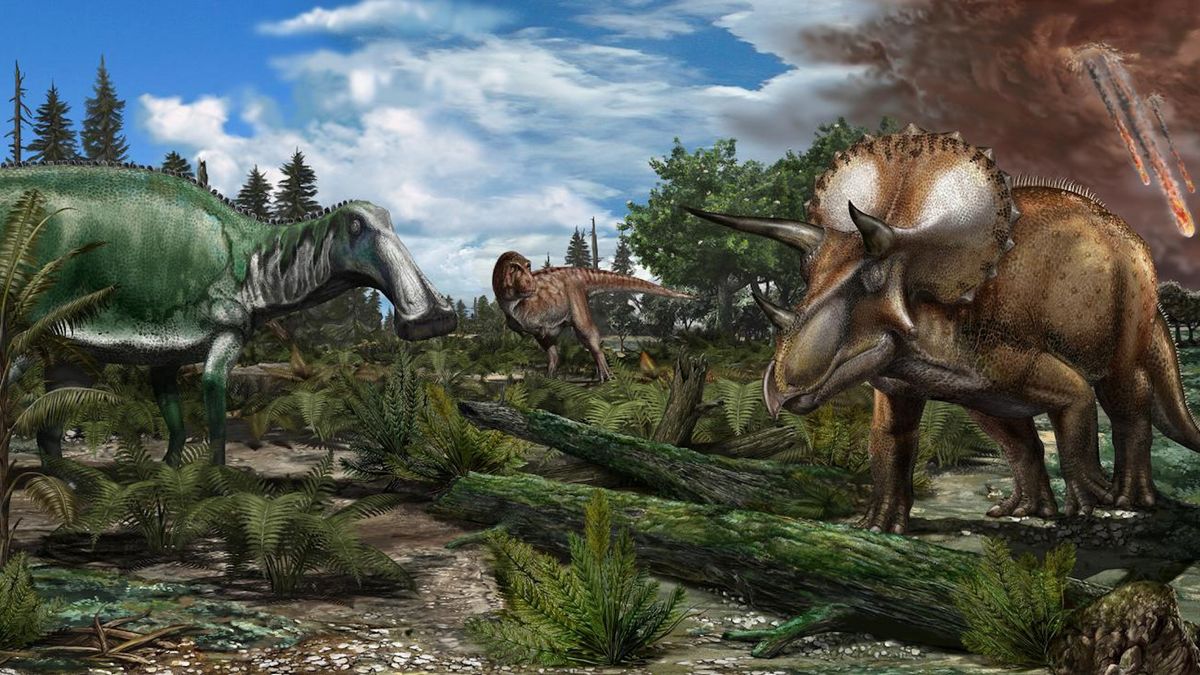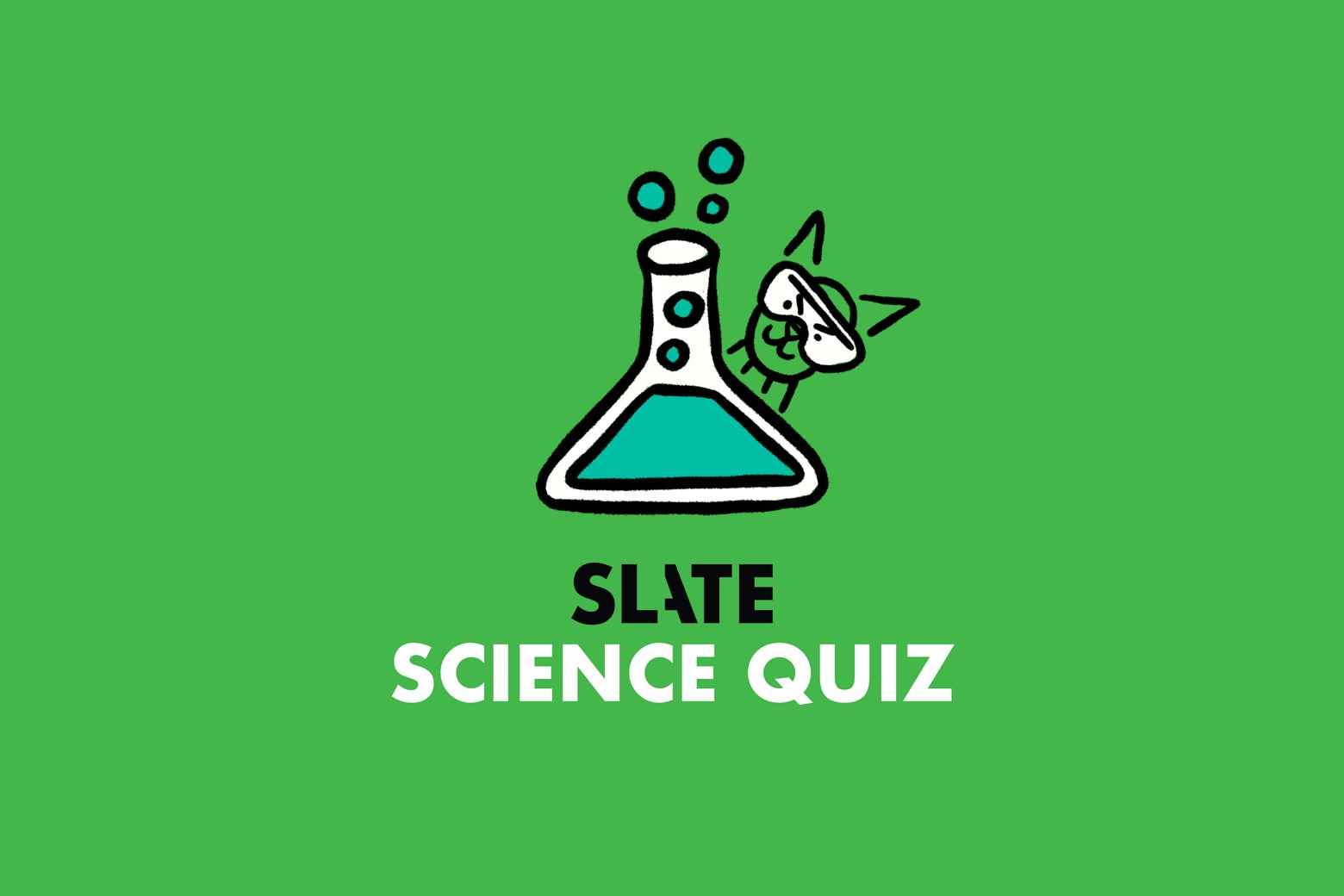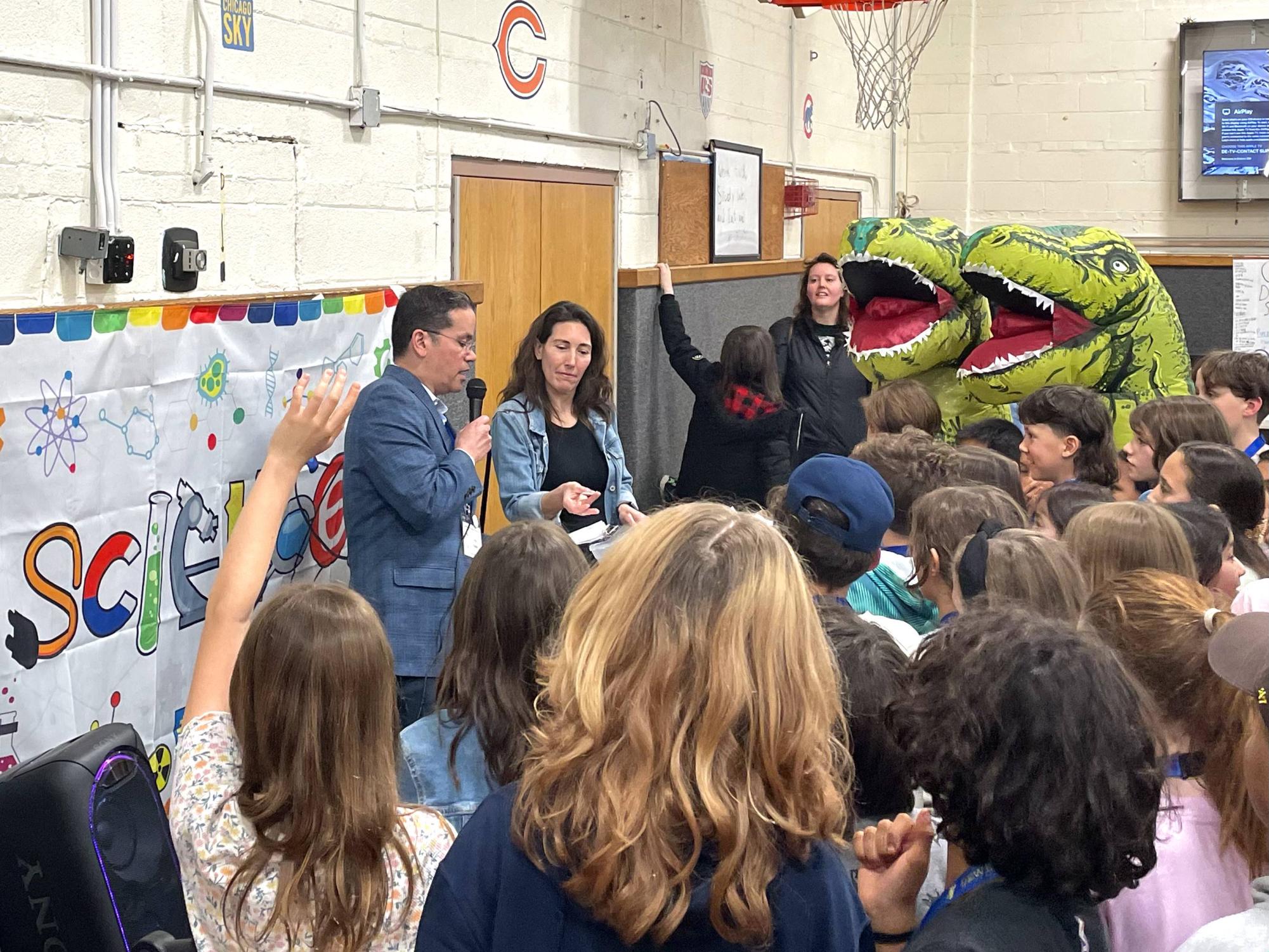
Proven Strategies: How to Spot a Leader Who'll Elevate Your Career
Decoding Your Future: How to Spot the Perfect Boss During an Interview
Your relationship with your boss can make or break your professional journey. Far more than just a superior, they are the architect of your workplace experience, career growth, and overall job satisfaction. Recognizing the right leadership qualities during the interview process is crucial to ensuring a positive and fulfilling work environment.
The Hidden Signals of an Exceptional Leader
When you're sitting across from a potential manager, look beyond the polished resume and corporate jargon. Pay attention to subtle cues that reveal their leadership style, communication approach, and commitment to employee development.
Key Indicators to Watch For:
- Active Listening: Does the interviewer genuinely engage with your responses, or do they seem distracted and perfunctory?
- Transparency: Are they open about the team's challenges and opportunities?
- Growth Mindset: Do they discuss professional development and career progression?
- Emotional Intelligence: Can they articulate how they support and motivate their team?
Remember, a great boss is not just a supervisor, but a mentor, advocate, and catalyst for your professional success. Choose wisely, and you'll transform your career trajectory.









